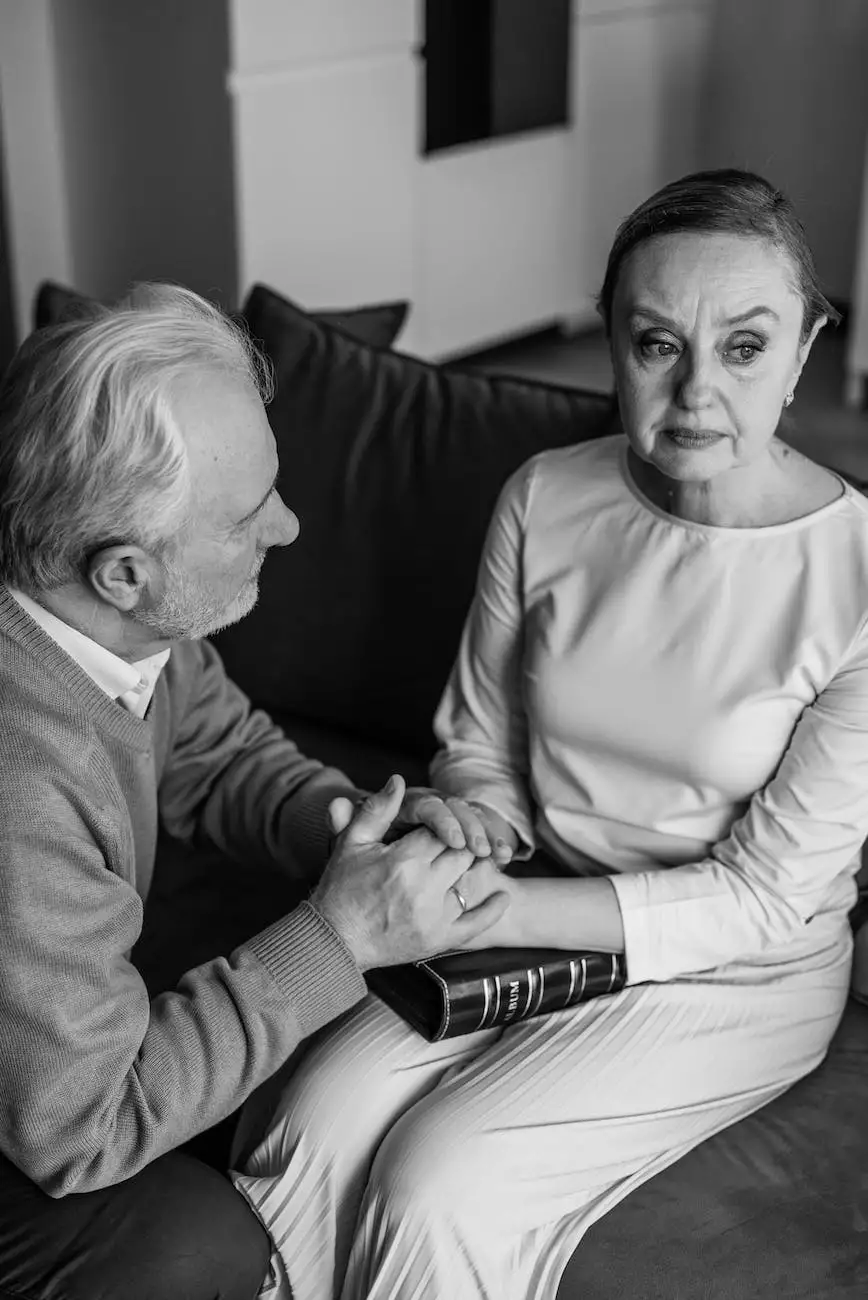Remembering Ruth Bader Ginsburg

Introduction
Welcome to our tribute to the legendary Justice Ruth Bader Ginsburg, a remarkable figure who played a pivotal role in shaping the United States judiciary system. At Rappleye 4 Prosecutor, we honor her contributions and celebrate her profound impact on American law and society.
Early Life and Education
Born on March 15, 1933, in Brooklyn, New York, Ruth Bader Ginsburg grew up in a time when women faced significant challenges in pursuing a legal career. Undeterred by societal norms, she excelled academically and enrolled at Cornell University in 1950. There, she met her husband, Martin Ginsburg, and together they tackled the hurdles of balancing studies and family.
After completing her undergraduate degree, Ginsburg pursued her legal education at Harvard Law School, where she became one of the few women in the male-dominated field. Transferring to Columbia Law School in her final year, she graduated as a top-ranking student in 1959, paving the way for an illustrious legal career.
Career and Achievements
Ruth Bader Ginsburg's journey in law began with her focus on advancing gender equality and women's rights. Working as a law clerk, she experienced firsthand the gender-based discrimination prevalent during the 1960s. These experiences fueled her commitment to dismantling barriers and advocating for justice.
In the early 1970s, Ginsburg co-founded the Women's Rights Project at the American Civil Liberties Union (ACLU), leading numerous groundbreaking litigation strategies for equal rights. Her strategic approach showcased her brilliance and laid the foundation for monumental victories in the Supreme Court.
Ginsburg's exceptional advocacy and analytical skills caught the attention of President Bill Clinton, who nominated her as an Associate Justice of the Supreme Court in 1993. She became the second woman ever to serve on the nation's highest court.
Throughout her tenure on the Supreme Court, Ginsburg authored numerous influential opinions and dissents, displaying her unwavering commitment to civil liberties, gender equality, and social justice. Her powerful intellect, resilience, and dedication to the Constitution earned her the reputation of being a strong voice for progress and fairness.
Legal Legacy and Impact
Ruth Bader Ginsburg's impact on American law cannot be overstated. She played a critical role in shaping landmark decisions that have had far-reaching consequences on society. Ginsburg's opinions and dissents have inspired generations of aspiring lawyers, activists, and scholars.
One of her most notable contributions came in the case of Roe v. Wade, where Ginsburg played a pivotal role in defending women's reproductive rights. Her unwavering support for gender equality was also reflected in her opinions on cases such as United States v. Virginia, where she advocated for equal access to education, highlighting gender discrimination.
Ginsburg's intellect and progressive stance were hallmarks of her legal career, leading her to become a cultural icon. She became affectionately known as the "Notorious RBG" – a testament to her indomitable spirit, resilience, and unwavering commitment to justice.
Conclusion
Ruth Bader Ginsburg's life and legacy have left an indelible mark on our nation's legal landscape. She not only shattered gender barriers but also fought tirelessly for the rights of all individuals, leaving a lasting impact on equality and civil liberties. At Rappleye 4 Prosecutor, we pay tribute to this extraordinary woman whose commitment to justice will continue to inspire future generations.










